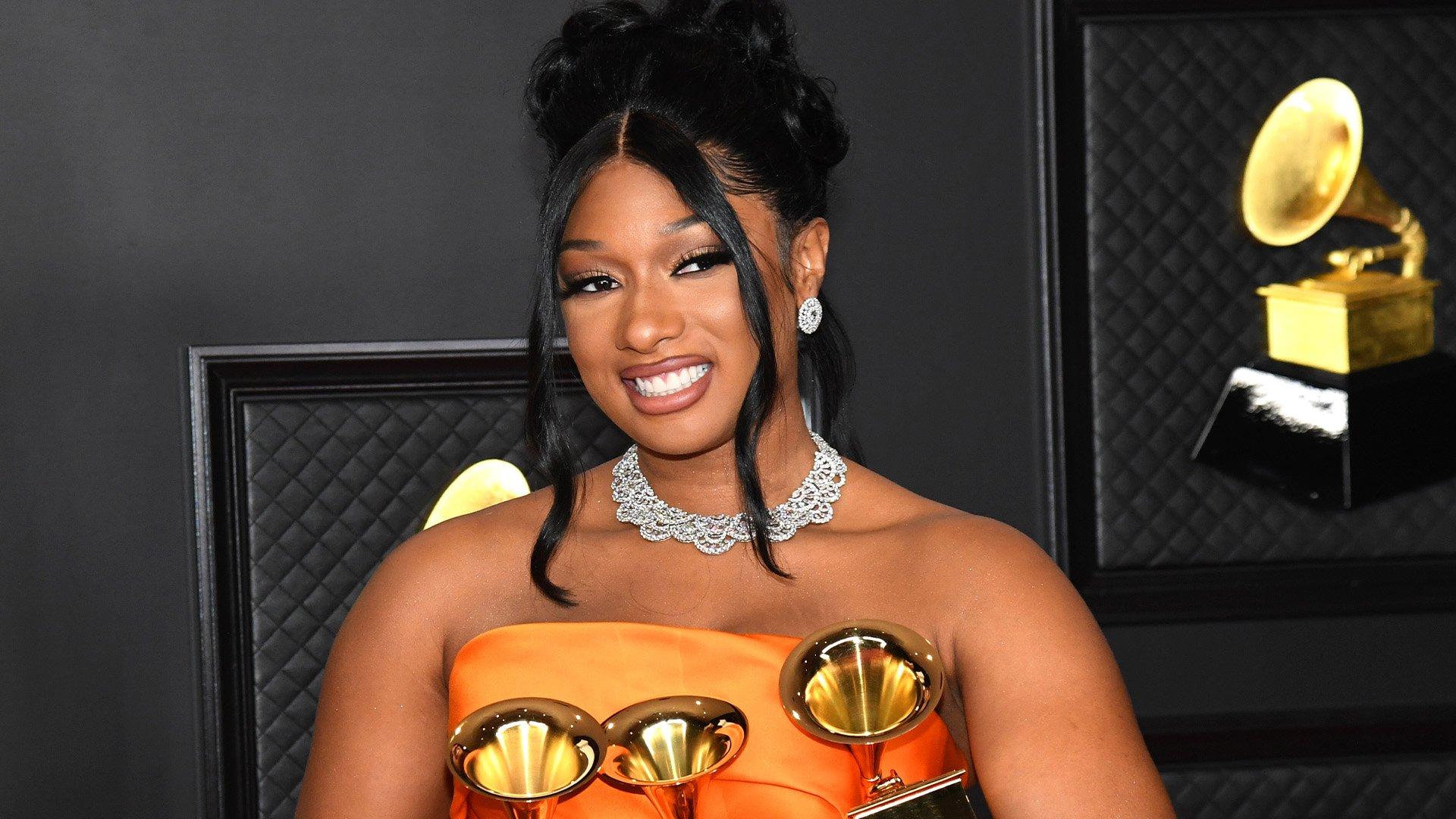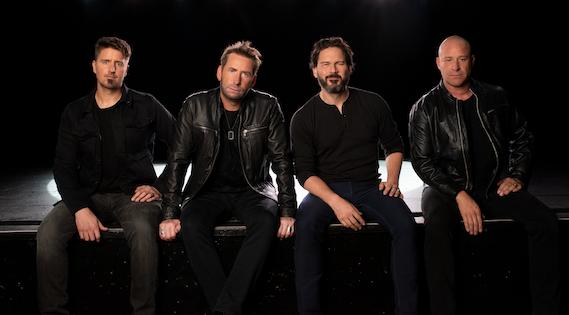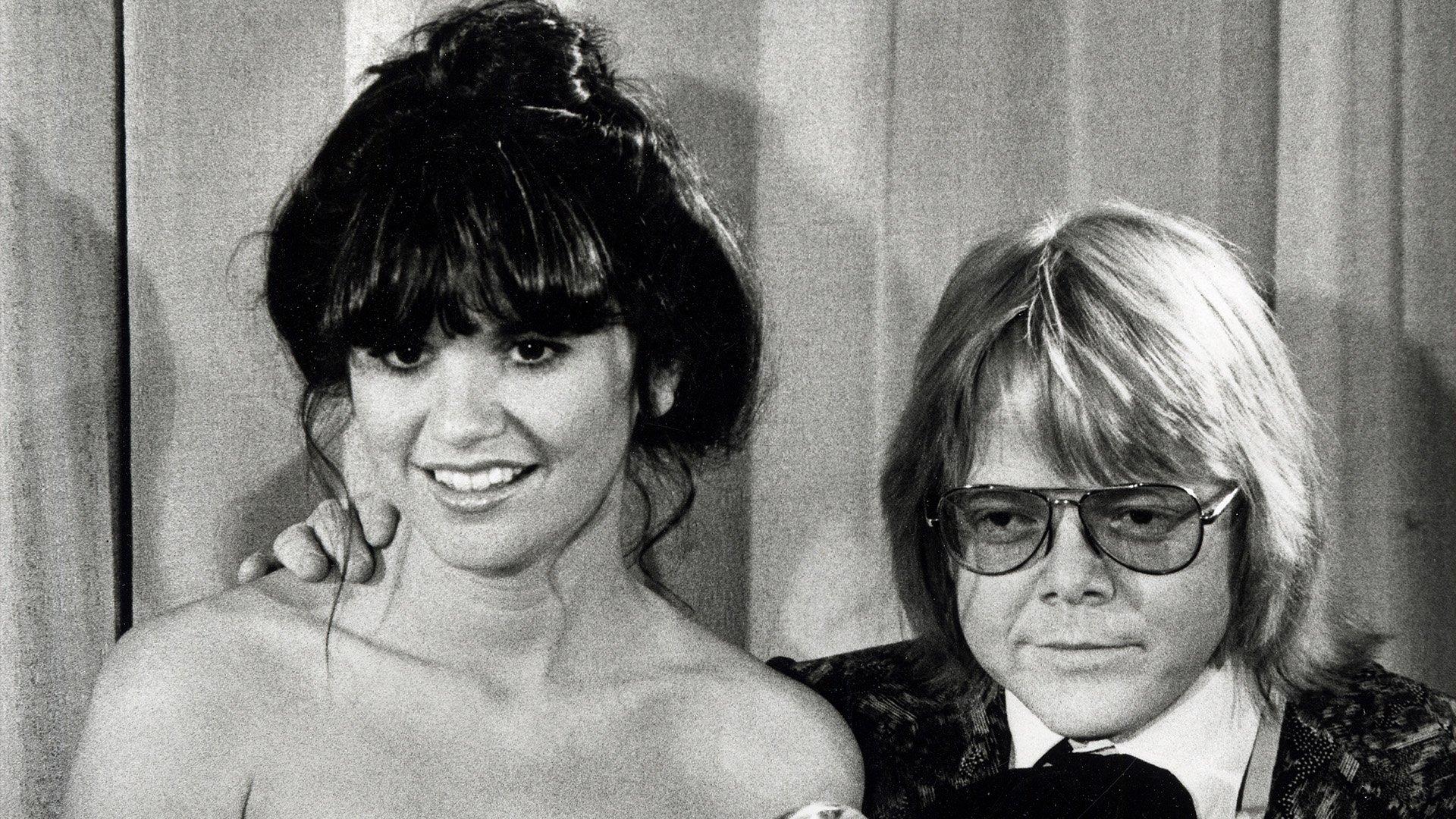Music's Biggest Night, the 54th Annual GRAMMY Awards, will air live from Staples Center in Los Angeles on Sunday, Feb. 12 at 8 p.m. ET/PT on CBS.
In the weeks leading up to the telecast, we will take a stroll down music memory lane with GRAMMY Rewind, highlighting the "big four" categories — Album Of The Year, Record Of The Year, Song Of The Year, and Best New Artist — from past awards shows. In the process, we'll examine the winners and the nominees who just missed taking home a GRAMMY, while also shining a light on the artists' careers and the eras in which the recordings were born.
Join us as we take an abbreviated journey through the trajectory of pop music from the 1st Annual GRAMMY Awards in 1959 to last year's 53rd Annual GRAMMY Awards.
45th Annual GRAMMY Awards
Feb. 23, 2003
Album Of The Year
Winner: Norah Jones, Come Away With Me
Dixie Chicks, Home
Eminem, The Eminem Show
Nelly, Nellyville
Bruce Springsteen, The Rising
There wasn't much point in going up against Jones, as the talented singer/songwriter prevailed in each of the "big four" award categories. Jones also won recognition as the third female in GRAMMY history to take home five awards in a single night, a trail previously blazed by Lauryn Hill in 1998 and Alicia Keys in 2001. (Alison Krauss has since repeated the feat, winning five GRAMMYs in 2008, and Beyoncé won six in 2009. Adele is up for six awards this year.) Even so, the other nominees all managed to come away with substantial "consolation" prizes. Eminem won Best Rap Album, as he did with his two previous albums, The Slim Shady LP and The Marshall Mathers LP. But when it came to generating controversy, Eminem couldn't hold a candle to the Dixie Chicks, who that same year would lose some fan and radio support after politically charged comments made by singer Natalie Maines. Still, the Chicks' Home was a critic's favorite and went on to win the Best Country Album GRAMMY. Meanwhile, Springsteen and his E Street Band reunited for The Rising, their first studio album in 18 years, which picked up the year's Best Rock Album award. And while Nelly's Nellyvilledidn't win any album awards, the St. Louis-born rapper's "Hot In Herre" took Best Male Rap Solo Performance, while "Dilemma," his duet with Kelly Rowland, won the year's Best Rap/Sung Collaboration.
Record Of The Year
Winner: Norah Jones, "Don't Know Why"
Vanessa Carlton, "A Thousand Miles"
Eminem, "Without Me"
Nelly Featuring Kelly Rowland, "Dilemma"
Nickelback, "How You Remind Me"
"Don't Know Why" was Jones' breakthrough single, an exquisitely memorable jazz ballad that peaked at No. 30 on the Billboard Hot 100 and went on to become her signature song. By comparison, Carlton's "A Thousand Miles" was clearly more pop than jazz, although her piano playing showed the kind of proficiency you might expect from GRAMMY-winning jazz guitarist Larry Carlton's niece. Eminem's "Without Me" sampled Malcolm McLaren's "Buffalo Gals" ("Two trailer park girls go 'round the outside ..."), while Nelly's "Dilemma" (featuring Destiny's Child co-founder Rowland) considered the ramifications of always thinking about that other special someone, even when you're with your "boo." Rounding out the nominations were Canadian rockers Nickelback with "How You Remind Me," their lone Billboard Hot 100 No. 1 hit to date.
Song Of The Year
Winner: Norah Jones, "Don't Know Why"
Vanessa Carlton, "A Thousand Miles"
Alan Jackson, "Where Were You (When The World Stopped Turning)"
Avril Lavigne, "Complicated"
Bruce Springsteen, "The Rising"
"Don't Know Why" has now been covered by Pat Metheny, Smokey Robinson, and just about every jazz singer who's ever set foot in a nightclub lounge. The song was written by Jesse Harris, who recorded it for his 1999 album Jesse Harris & The Ferdinandos. A few years later, the ballad's plaintive yet understated sentiments would prove to be the perfect complement to Jones' vocals, ultimately assuring its place as a contemporary jazz standard. All of the other nominees in this category were written by the recording artists, ranging from Springsteen's Sept. 11 imagery ("There's spirits above and behind me/Faces gone black, eyes burnin' bright") and Jackson's tribute to the aftermath of Sept. 11 ("Did you weep for the children/Who lost their dear loved ones"), to Lavigne's plea for a world less complicated ("Chill out, what you yelling' for?/Lay back, it's all been done before"). Lavigne co-penned "Complicated" with Lauren Christy, Graham Edwards and Scott Spock (aka the Matrix). "A Thousand Miles" took Carlton to No. 5 on the Billboard Hot 100, her highest-charting single to date. Jackson's "Where Were You …" reached No. 28 on the Billboard Hot 100. Springsteen took Best Rock Song honors for "The Rising."
Best New Artist
Winner: Norah Jones
Ashanti
Michelle Branch
Avril Lavigne
John Mayer
Did we mention this was a good year for Jones? It was also another good year for female solo artists, whose unprecedented reign over the Best New Artist category reached its seventh consecutive year thanks to Jones' victory. But all things must pass: The streak would be broken a year later by Evanescence who, apart from frontwoman Amy Lee, had far too much testosterone to continue the tradition. The other Best New Artist nominees proved to have successful GRAMMY debuts this year. Ashanti took Best Contemporary R&B Album honors for her self-titled release; Branch won Best Pop Collaboration With Vocals for her teaming with Carlos Santana for "The Game Of Love"; Mayer picked up Best Male Pop Vocal Performance honors for "Your Body Is A Wonderland"; and Lavigne earned an impressive five nominations her first year out.
Come back to GRAMMY.com on Feb. 6 as we revisit the 48th Annual GRAMMY Awards.
Follow GRAMMY.com for our inside look at GRAMMY news, blogs, photos, videos, and of course nominees. Stay up to the minute with GRAMMY Live. Check out the GRAMMY legacy with GRAMMY Rewind. Explore this year's GRAMMY Fields. Or check out the collaborations at Re:Generation, presented by Hyundai Veloster. And join the conversation at Facebook, Twitter, and YouTube.




